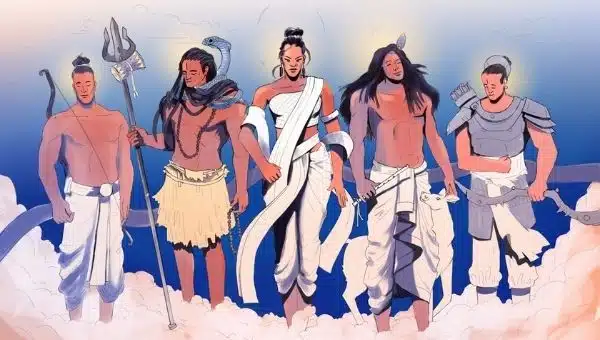- Over the years, many authors have attempted to distil Indian mythology stories into a contemporary voice suited to moder…
- Here are 8 best mythology books by Indian authors.
- This book is the story of the most powerful woman in the Mahabharata Draupadi.
- This story brings to life in a fictionalized setting the story of the Hindu God of Destruction, Shiva.
- This book is the story of the Indian epic Ramayana, especially focusing on Sita.
- Also read: 10 Best Books About School Life Stories We All Miss
Travelling through generations, orally and through manuscripts, are the treasure trove of stories we call collective myths. These mythological narratives enchant us and draw is into their beguiling, transcendent worlds, and prompt us to associate with their characters. In the process, they teach us about not just our ancient culture, giving us firm roots, but also give lessons in morality and spirituality. Over the years, many authors have attempted to distil Indian mythology stories into a contemporary voice suited to modern settings. Here are 8 best mythology books by Indian authors.
Mythology Stories: 8 Best Mythology Books by Indian Authors –
Ajaya by Anand Neelakantan
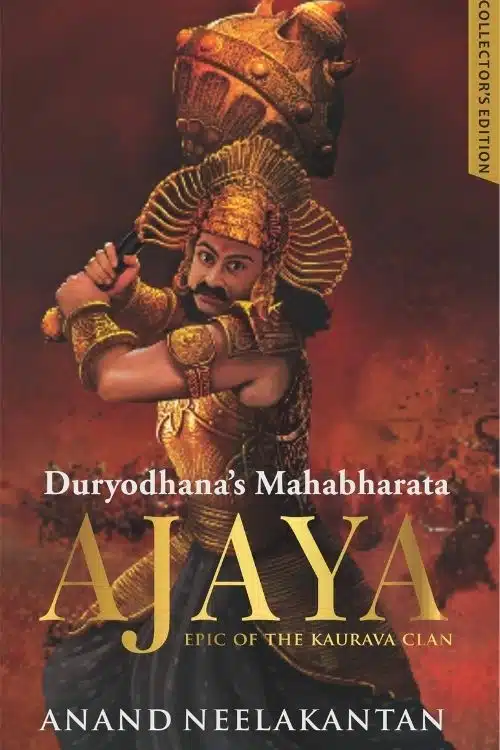
Neelakantan’s magnum opus duology retells the story of the mythological epic, Mahabharata, from the perspective of the vanquished. Giving voices to the vilified Kauravas, Karna, Ashwatthama, Drona and Eklavya, Neelakantan challenges our perceptions of ‘good’ and ‘evil’. He breaks through the facade of Pandava’s all-righteousness and Kaurava’s deep villainousness, showing us their psyches, motivations and the circumstances that shaped them.
The Palace of Illusions by Chitra Banerjee Divakaruni
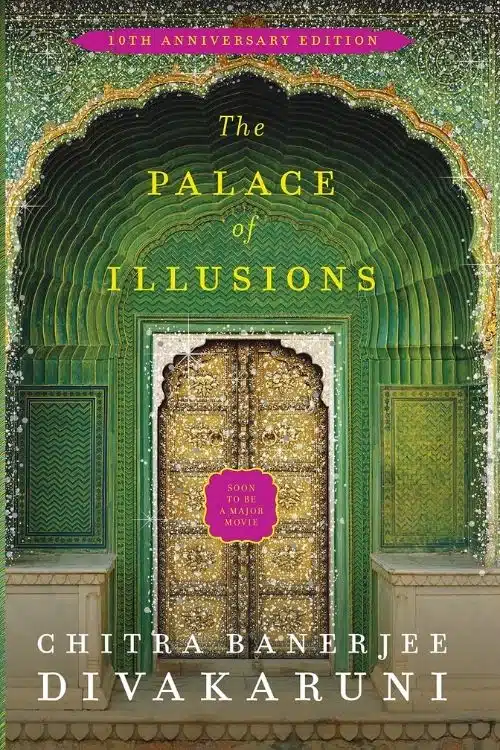
This book is the story of the most powerful woman in the Mahabharata Draupadi. Blamed for the Great War that wiped out the entire country, she was traditionally thought of as an un-feminine, too strong woman. But this narrative brings out the delicacy, tenderness yet strength and resilience the woman possessed. Telling the story of her isolated childhood, friendship with her fellow dark companion, Krishna, her attraction towards her husband’s enemy Karna, Divakaruni weaves a story of love and loss. Through Draupadi’s eyes, we view her triumphs of queenhood and womanhood, we glance at her pitfalls of pride and arrogance and live through her tremendous losses.
The Immortals of Meluha by Amish Tripathi
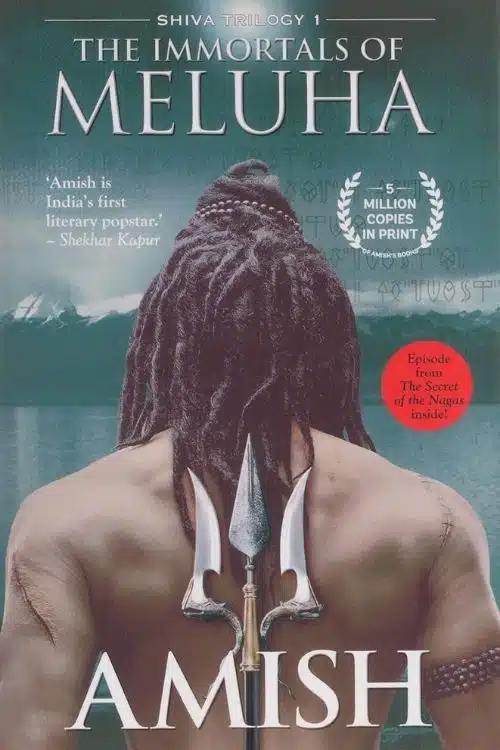
This story brings to life in a fictionalized setting the story of the Hindu God of Destruction, Shiva. Shiva is a barbarian in the Himalayas. But his destiny soon brings him to Sapt Sindhu, to the lands of Suryavanshis and Chandravanshis. In the process, he must make difficult choices, win wars and fight evil, but he must also learn to dance and fall in love.
Finding Radha by Namita Gokhale and Malashri Lal
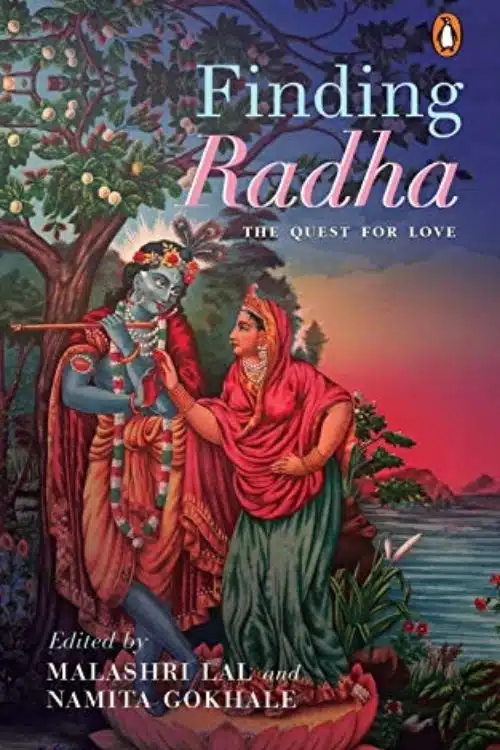
This is an anthology of essays revolving around a very important character in Indian mythology – Radha. Lord Krishna’s divine paramour who enjoys his love and attention like no other in the frondescence of Vrindavan, but is left behind when he leaves for Dwarka, Radha is a true heroine. This collection draws on ancient resources and pop culture alike to create give us a holistic understanding of the woman who beguiled a God.
Shyam by Devdutt Pattanaik
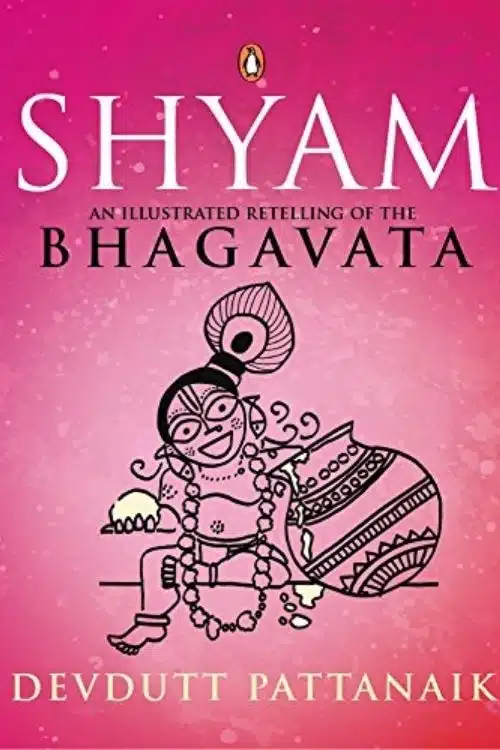
This is an illustrated retelling of the Bhagwat Purana, which traces the life of the eighth avatar of Vishnu on earth, Krishna. We look at his miraculous birth to a prisoner mother and transfer to his foster home. Then, we follow his childhood escapades killing monsters and stealing butter, and his adolescent raas-leela and divine games of love. Finally, we look at his life as a serious and tactful player in the Great War.
Sita by Devdutt Pattanaik
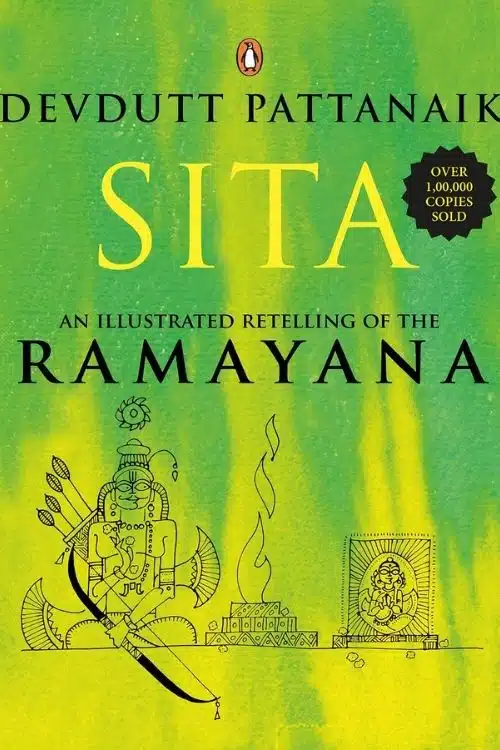
This book is the story of the Indian epic Ramayana, especially focusing on Sita. Drawing on the traditional Valmiki version and indigenous versions, Pattanaik crafts a holistic narrative. He also imbues the narrative with parables and pearls of wisdom. Plus. he adorns it with quirky illustrations, making it a semantic and visual treat.
Mrutyunjay by Shivaji Sawant
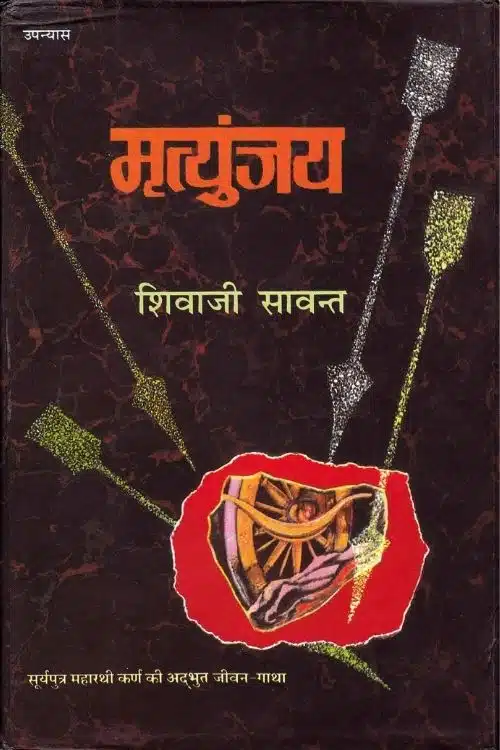
Originally published in Marathi, this book is a look at Karna, the benign yet cursed brother of the Pandava’s. Abandoned at birth by his mother, Karna was raised by a charioteer and despite his noble birth, received no privileges. For the sake of friendship, he abandoned his righteousness and sacrificed his life. Sawant portrays Karna’s nobility, grace, gentleness, warriorhood and generosity with tender poignance.
The Forest of Enchantments by Chitra Banerjee Divakaruni
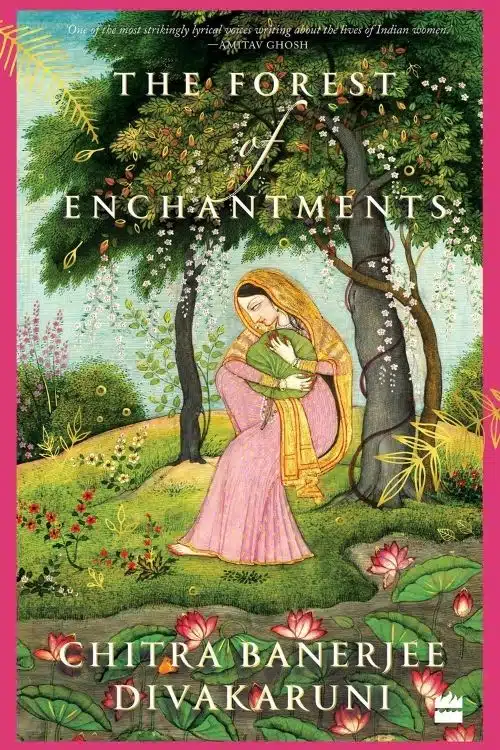
Sitayana, or the Epic of Sita, is the story of Rama’s wife and the avatar of the celestial goddess, Sita. Divakaruni depicts this with her natural sensitivity and tenderness, portraying the shades of a female heart. From an idyllic life in Janakpur, to a queenly life in Ayodhya and then a hermit life in the forest, following an abduction to Lanka, Sita’s trajectory is far from ordinary. In this book, with lyrical prose and beautiful imagery, we witness it all.
Also read: 10 Best Books About School Life Stories We All Miss
